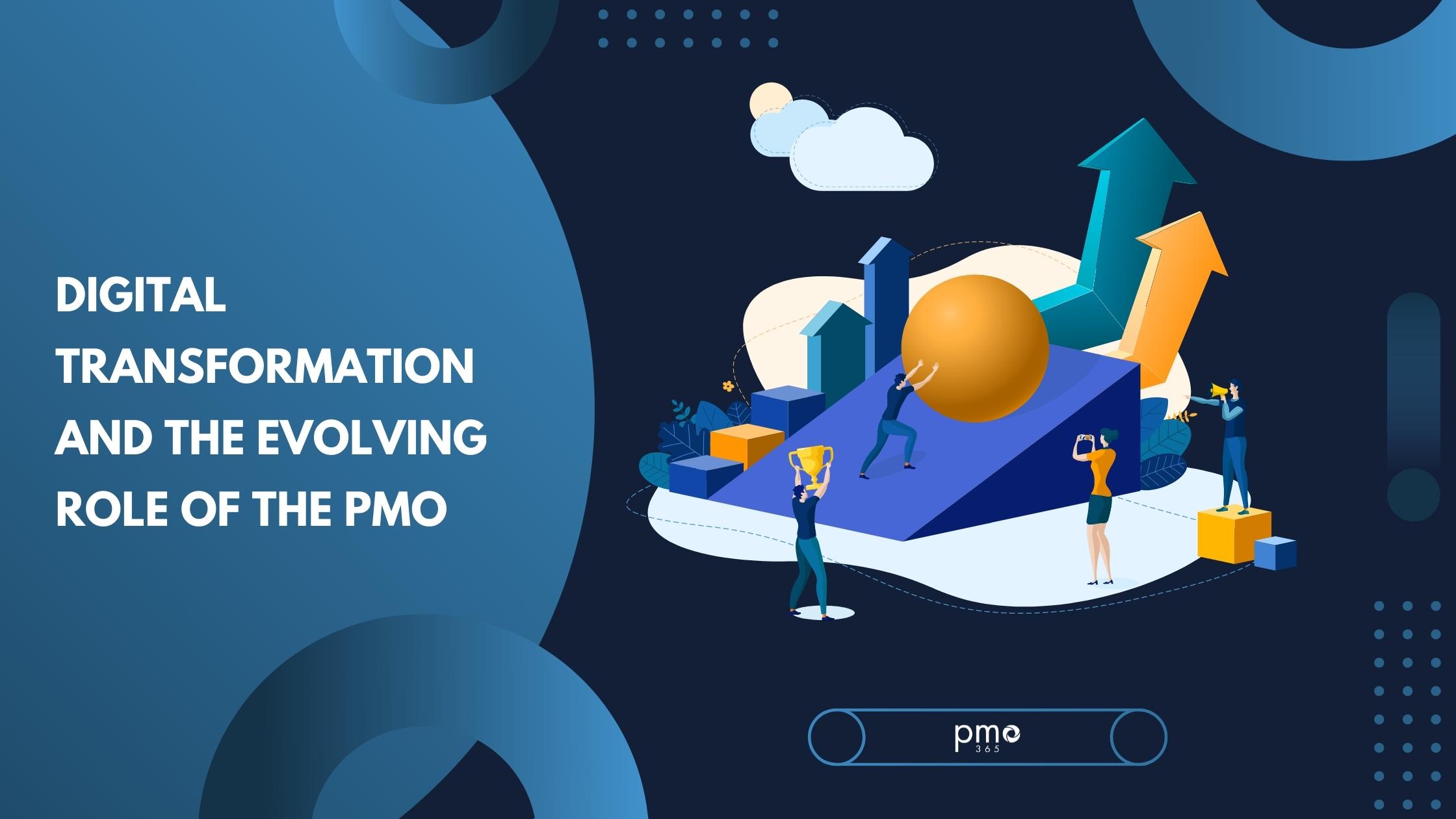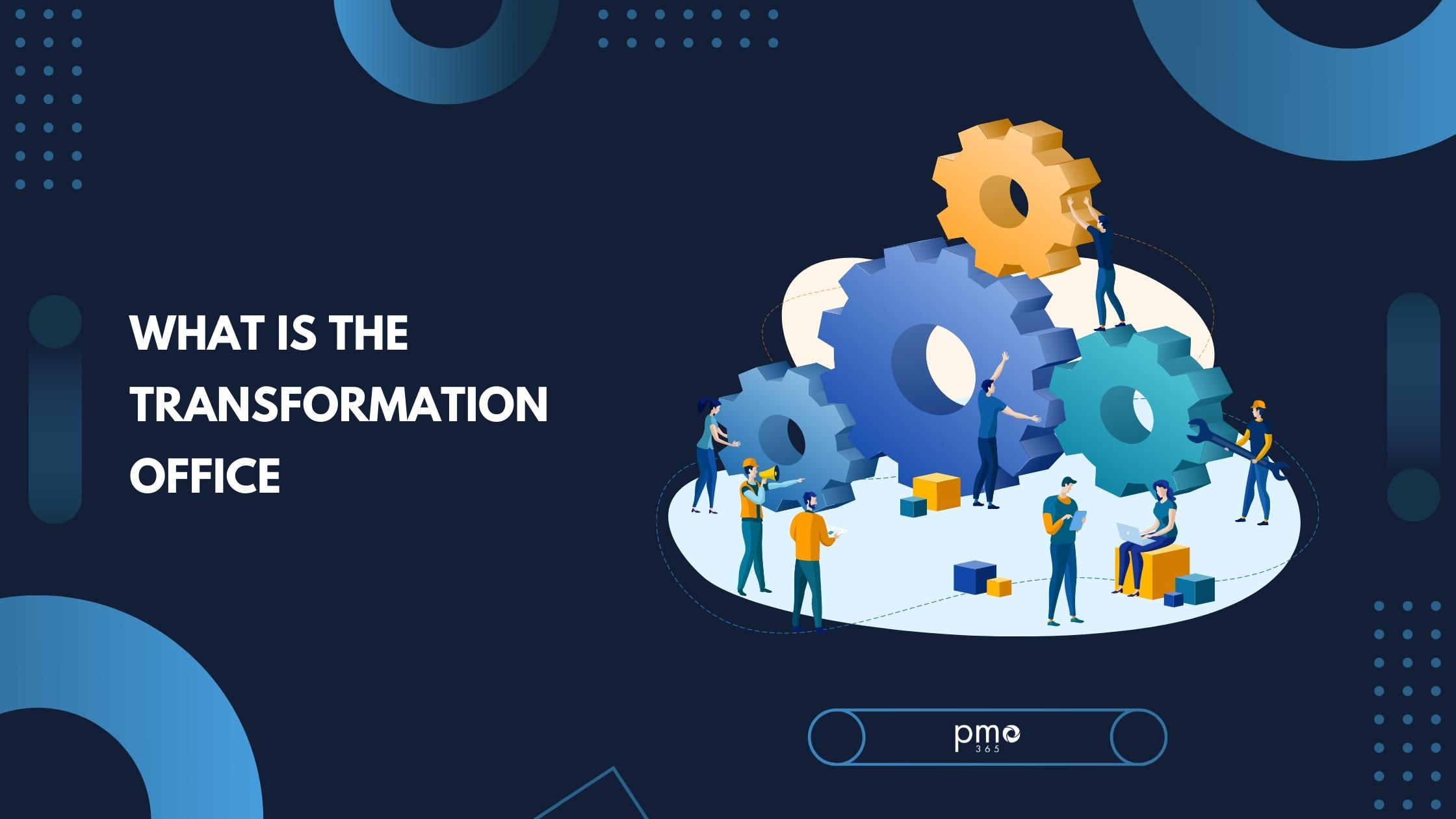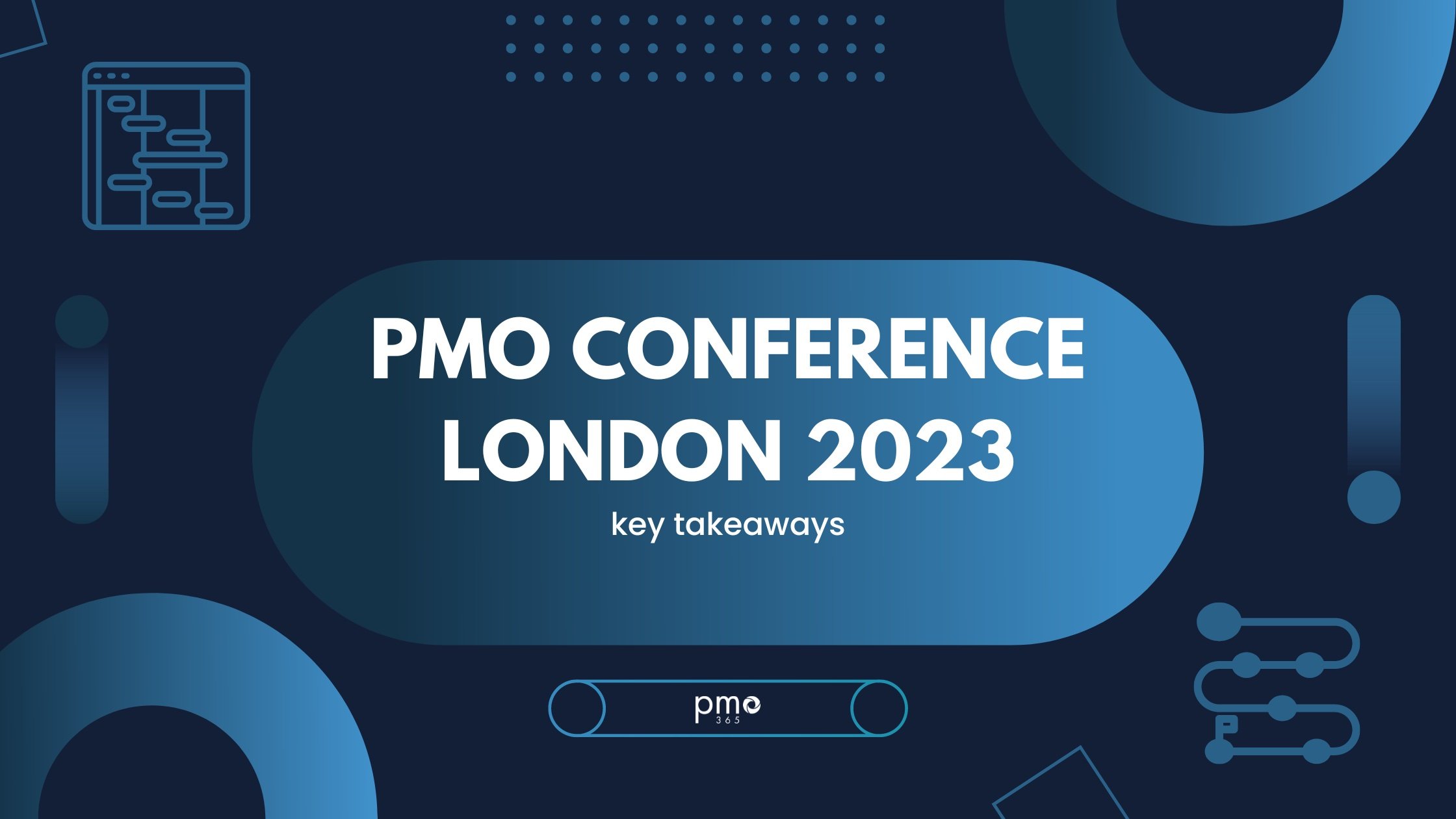Enterprise digital transformation was forced upon many organisations due to the arrival of the pandemic 2020. They had to quickly migrate many day-to-day activities to digital platforms to facilitate remote working. As a result, many organisations were adapting new practices in an ad-hoc nature as no-one was sure when things could return to normal.
But lo and behold, more than two years later, the ‘new normal’ of remote working appears here to stay. Research from Ladders suggests that 25% of professional jobs in North America will be remote by the end of 2022.
With such projections, organisations are altering their plans toward strategic and long-term enterprise digital transformation initiatives. It is seen as a tremendous opportunity to take advantage of emerging markets and opportunities. While much of the pandemic saw tightening wallets, research from Gartner suggests that organisations are willing to spend more in the coming year. IT spending is growing by 5% from 2021’s figures to $4.5 billion.
However, with the increased interest in enterprise digital transformation comes a fair amount of challenges. In this blog we discuss the seven key barriers organisations must overcome when implementing their enterprise digital transformation initiatives.
What is Enterprise Digital Transformation?
First things first: what does enterprise digital transformation really mean?
Digital transformation refers to the process of implementing and integrating digital technologies into all areas of the enterprise for greater efficiency, accuracy and value.
Digital transformation involves more than simply bringing in new tools and processes, it often entails key cultural changes. These ensure the right cultures are in place to manage digital platforms and spaces. Working digitally is a relatively new experience for many and our workplace cultures and practices do not easily translate into the digital space.
The enterprise digital transformation looks different for each and every organisation. Much depends on its size, culture, and itspre-existing tools and practices. Many different factors can impact the digital strategy implemented. However, there are some common barriers that organisations face:
Extended reading: How digital transformations are changing the role of the PMO
1. Legacy Systems
One of the most obvious barriers to the enterprise digital transformation is its legacy IT systems. Many challenges come from outdated tools and inadequate processes which do not accommodate the necessary level of agility and flexibility.
With growing demand for Artificial Intelligence and Big Data, organisations sometimes need a complete overhaul of their pre-existing systems to effectively integrate new technologies. For many, dismantling their legacy systems is not only difficult and costly but also involves extensive retraining and restructuring.
2. Unconducive culture
As mentioned above, a significant part of digital transformation is shifting the culture. If an organisation has a risk-averse and change-resistant culture, implementing any new initiative, let alone a digital transformation strategy, will face challenges. Resistance to change is a common human trait yet many organisations still fail to take it into account when planning their digital transformation.
When implementing a digital initiative, building the right culture is critical for ensuring greater levels of investment and adoption. Building a culture that is flexible, adaptable and open is not only important for the success of the initiative but for the organisation’s longevity as it moves into the future. New technologies and practices will always emerge, but it is those who adapt the best that gain the most leverage from them.
3. Lack of enterprise-wide collaboration
Many organisations have departments functioning in silos and lack important collaboration and communication. Traditionally, IT-related problems and initiatives were handled by a singular IT department that often worked separately from others. However, enterprise digital transformation initiatives encompass all aspects of the business and must not be spearheaded by a singular department.
A successful digital transformation should be seen to improve the experience and practices for all parties. Rather than taking the traditional route of making departments compete for sourcing and funding, enterprise digital transformation needs to be embraced, championed, supported and built with the involvement of the entire organisation.
4. Lack of Vision and Leadership
With any significant change, people need to understand where they are going and how they will get there. Too often, digital transformations are taken on with much fervour but quickly lose their way due to a lack of understanding, strategy and leadership.
Firstly, digital transformation teams need to have a clear understanding of what is required. This is important to creating and communicating a clear vision for the entire organisation. The transformation office has a critical role in ensuring the right practices, cultures, tools and resources are implemented. In this way they ensure that transformation is as smooth as possible.
Additionally, having the support of key leadership is critical to giving employees confidence in the transformation office’s activities. Without proper buy-in from leadership, employees may see the initiatives as more of an imposition than a strategically valuable move for the organisation.
5. Insufficient budget
While new innovations like cloud-based systems are making IT solutions cheaper than they have ever been, they are still costly endeavours. Surveys from Deloitte show that mid to large-scale organisations in the US spend up to $11.3 million on digital transformation initiatives. As an enterprise-wide initiative, it is hard to create an enterprise digital transformation program on a grassroots level budget. Also, digital transformations involve more than just the tools. Strategy needs to consider training and support.
However, it is equally important for the organisation to understand that delaying digital transformations can end up becoming more costly for organisations. They can end up getting left behind in their industry and even risk losing their chance of survival in a fast-changing marketplace.
6. Ineffective change management
Change is not a new concept in business, and organisations are always evolving. Whether it’s introducing a new practice or implementing a new tool, managing change with a clearly defined and effective practice can make a big difference. However, many organisations find themselves lacking in this department. And, in a recent survey of senior executives in the Harvard Business Review, just under half of the respondents cited the lack of effective change management as a significant challenge to enterprise digital transformation initiatives.
7. Talent Gap
In addition, a survey by Mulesoft revealed that two-thirds of IT decision-makers were unable to deliver their digital projects due to an IT delivery skills gap. Not everyone has the skills, knowledge, or experience to lead an effective digital transformation strategy. With new tools and practices constantly emerging, transformation teams need to keep in touch with what is happening, how valuable newtechnologies could be for their organisation, and how to implement them effectively.
For some companies, this may mean hiring a completely new transformation team with specific tech-focused skills. For others, it may involve training current employees and implementing initiatives to promote a more digitally aware culture. Organisations can also completely outsource their digital transformation needs to experts who have extensive experience and know-how in each field.
Overcome Barriers with pmo365
While these seven barriers are some of the most common challenges faced by organisations, every enterprise digital transformation has its own set of barriers to overcome. In the fast-evolving field of project portfolio management, there are many new technologies available to companies managing multiple projects. You can take advantage of fast, collaborative tools and instantaneous real-time reporting that cuts your admin time in half. Get digital transformations right with the right team and tools by your side.
pmo365‘s project portfolio solution consolidates all your activities and data onto a single, easy-to-use platform. If you want to find out how we can help, be sure to book in a call with our PPM experts and see how we build a tailored digital solution for every enterprise.













